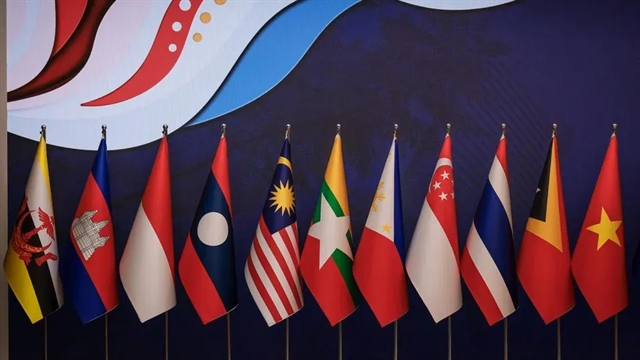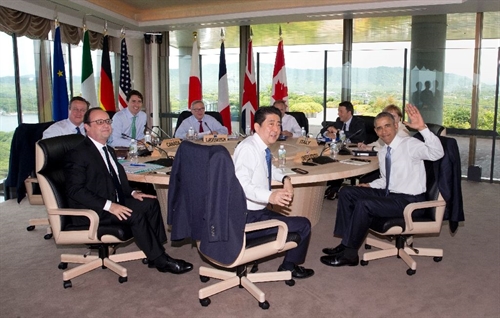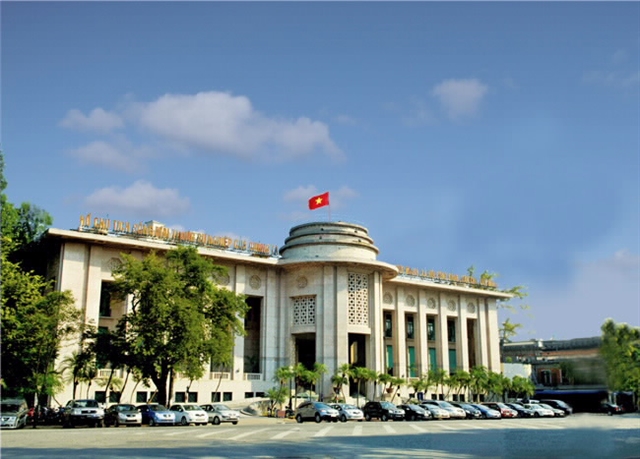 World
World

Pumping up the world economy is an "urgent priority" G7 leaders said on Friday, but left the door open for a go-your-own-way approach in a sign of lingering divisions over how to boost growth.
 |
| (From left) David Cameron, Francois Hollande, Justin Trudeau, Jean-Claude Juncker, Shinzo Abe, Donald Tusk, Matteo Renzi, Barack Obama and Angela Merkel participate in a G7 working session in Shima. — AFP Photo |
Wrapping up their meeting in rural Japan, the leaders of the Group of Seven endorsed a pick-and-mix approach to dealing with the malaise that has lingered since the global financial crisis struck in 2008.
"Global growth is our urgent priority," the G7 said in a final statement.
"Taking into account country-specific circumstances, we commit to strengthening our economic policy responses in a cooperative manner and to employing a more forceful and balanced policy mix, in order to swiftly achieve a strong, sustainable and balanced growth pattern."
The strained consensus reflects behind-the-scenes clashes that erupted on Thursday, with disputes over just how bad things actually are.
In a plenary session Japanese Prime Minister Shinzo Abe argued that the global economy faced a risk of falling into a "crisis", and drew comparisons with the mood when Japan last hosted a G7, in 2008, just months ahead of the collapse of Lehman Brothers.
"To that, one leader questioned whether the degree of the current situation was negative enough to use the term ’crisis’," a senior Japanese official said.
That leader was Angela Merkel, the Asahi Shimbun newspaper said on Friday.
The German chancellor has repeatedly pushed back against the notion that the world’s big industrial democracies need to spend their way out of the current slowdown, advocating instead a paying down of debt.
Leaders were, however, unequivocal on their attitude to one of the headwinds facing the global economy, and came out firmly against so-called "Brexit".
"A UK exit form the EU would reverse the trend towards greater global trade and investment, and the jobs they create, and is a further serious risk to growth," they said in a declaration after two-days of talks.
The grouping -- the United States, Germany, Japan, Britain, Italy, France and Canada -- found easy common ground on the hot-button issue of refugees, and agreed it was a worldwide problem.
"The G7 recognises the ongoing large scale movements of migrants and refugees as a global challenge which requires a global response," the leaders said in a statement.
Global assistance for refugees
Last year, some 1.3 million refugees, mostly from conflict-ridden Syria and Iraq, asked for asylum in the European Union -- more than a third of them in Germany.
"We commit to increase global assistance to meet immediate and long-term needs of refugees and other displaced persons as well as their host communities, they said.
"The G7 encourages international financial institutions and bilateral donors to bolster their financial and technical assistance."
Merkel told reporters the G7 had decided to dedicate its attention this year "especially to Iraq" -- one of the chief sources of the tide of migrants fleeing conflict and seeking refuge in Europe.
She said the grouping would provide 3.6 billion euros.
"We are convinced that Iraq needs to be stabilised. We want to support the efforts of Prime Minister (Haider) al-Abadi," she told a press conference.
China -- which is not a member of the G7 and was not at the two-day summit in Ise Shima, 300 kilometres southwest of Tokyo -- made its expected cameo appearance in the final statement.
Although it was not mentioned by name, there was no room for doubt that Beijing was in the cross hairs when leaders expressed unanimous disquiet about tensions in the Asia-Pacific.
"We are concerned about the situation in the East and South China Seas, and emphasise the fundamental importance of peaceful management and settlement of disputes," they said.
China is locked in a dispute with G7 host Japan over rocky outcroppings in the East China Sea, stoking broader concerns about the country’s growing regional might and threats to back up its claims with force, if necessary.
G7 leaders said disputes should be settled peaceably and "freedom of navigation and overflight" should be respected.
The leaders also said that claims should be made based on international law and countries should refrain from "unilateral actions which could increase tensions" while also avoiding "force or coercion in trying to drive their claims". — AFP




